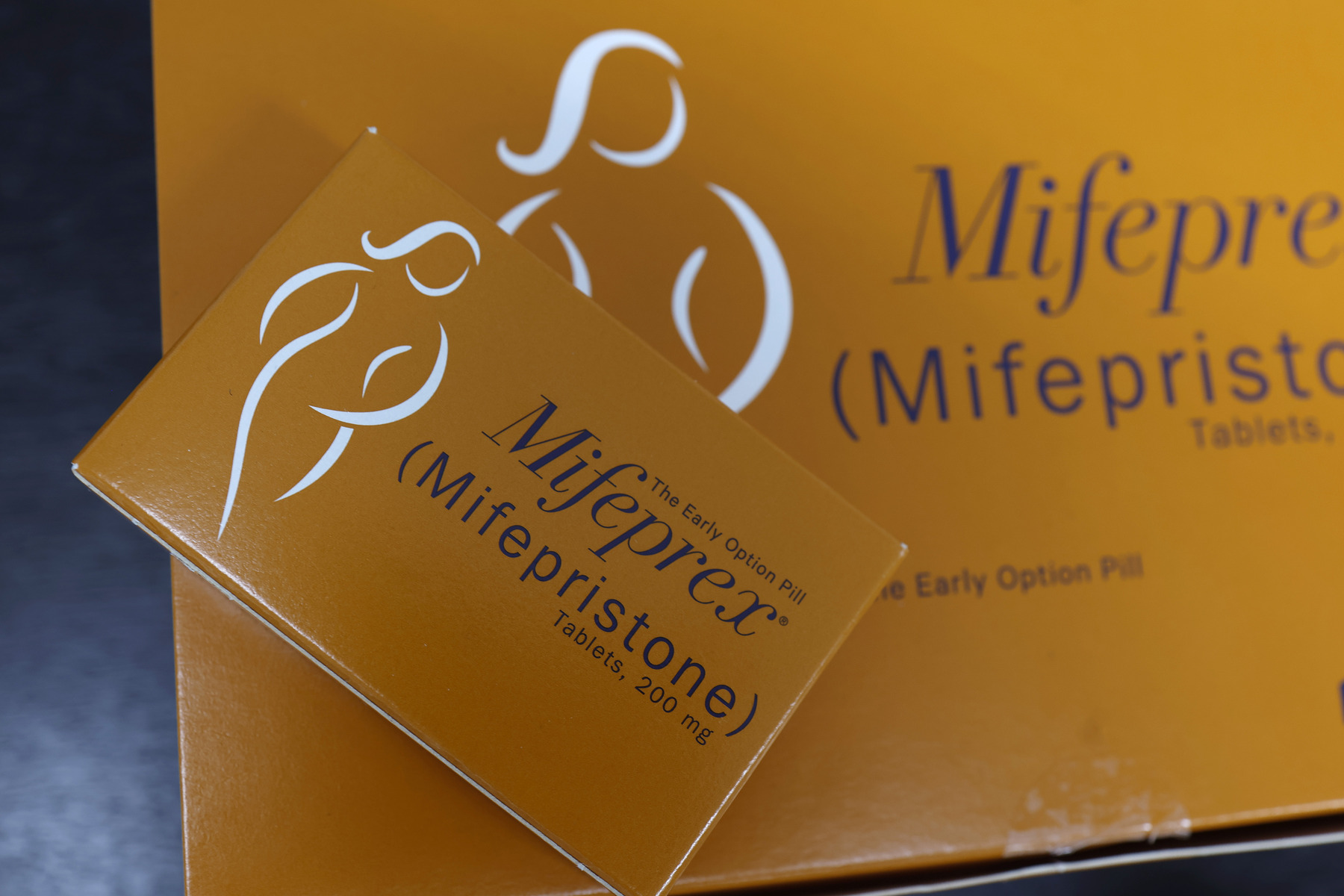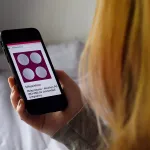The Louisiana House of Representatives voted overwhelmingly Thursday to reclassify two drugs commonly used to treat miscarriages and induce labor in pregnant people as “controlled substances” because the pills are also used to carry out first-trimester abortions.
Louisiana lawmakers are likely only one vote away from defining mifepristone and misoprostol as dangerous over the objections of hundreds of Louisiana doctors, who signed letters objecting to the drugs’ reclassification over the past few weeks.
“Mischaracterizing misoprostol, a drug routinely and safely used on labor units, throughout the state, as a dangerous drug of abuse, creates confusion and misinformation and harms women seeking high-quality maternal care,” the doctors said in a public letter to the bill’s sponsor, Sen. Thomas Pressly, R-Shreveport, earlier this month.
Under the legislation, approved in a 63-29 House vote, Louisiana would become the first state in the nation to categorize these two drugs as dangerous, signaling a new policy issue for the anti-abortion movement nationwide.
Opposition to the bill has also become a rallying cry for people who support abortion rights, capturing the attention of national figures such as Vice President Kamala Harris.
“Absolutely unconscionable. The Louisiana House just passed a bill that would criminalize the possession of medication abortion, with penalties of up to several years of jail time. Let’s be clear: Donald Trump did this,” Harris posted Thursday evening on the platform X, formerly known as Twitter.
Doctors have said mifepristone and misoprostol might take longer for patients to obtain if they become classified as Schedule IV drugs. The medications can be used to treat constipation and ulcers, though they are most commonly applied for pregnancy care. Physicians who treat pregnant people have said they use them multiple times per day in their practices.
Louisiana already ranks among the worst states for maternal health and pregnancy outcomes, and critics of Pressly’s proposal said making these drugs harder to access could exacerbate that problem.
“Fiftieth in maternal outcomes is not pro-life,” said Rep Aimee Freeman, D-New Orleans, who opposed the bill. “If you believed in the right to life, you would believe in the maternal outcomes being the best for this state.”
If the drugs become controlled substances, doctors prescribing them will need to have specialty licenses, and health care providers will have to ensure their secure storage.
Supporters of the bill insisted the two drugs could rightfully be called dangerous because they can cause the termination of a pregnancy. It is illegal to use pills to induce an abortion in Louisiana, which has had a strict abortion ban in place since 2022.
“They can be quite harmful,” said Rep. Julie Emerson, R-Carencro, who is anti-abortion and supported the bill. “Overuse can cause the death of a child.”
Drugs classified as controlled substances are usually addictive. Mifepristone and misoprostol are not, said the Louisiana Society of Addiction Medicine in a letter to House Speaker Phillip DeVillier, R-Eunice.
“Similar medications in this class are to treat erectile dysfunction and enhance eyelash growth,” Dr. Smita Prasad, the president of the society, wrote in her letter. “Scheduling these [abortion-inducing] medications would not prevent access through ‘black market’ means, which is often how these medications are accessed illegally.”
Rep. Tammy Phelps, D-Shreveport also raised concerns about the legislation being placed in the racketeering section of state law, which is typically used to prosecute organized crime or gang activity.
Pressly’s bill was dramatically changed late in the legislative process. Initially, it only focused on increasing penalties for the crime of inducing an abortion without a pregnant person’s consent.
Pressly brought it on behalf of his sister, Catherine Herring, whose husband placed abortion medication in her drink at her Texas home without her knowledge. Mason Herring, a Houston attorney, was sentenced to 180 days in prison and 10 years of probation in February for that crime, according to the Associated Press.
After the bill initially passed the Senate, the House added the language reclassifying mifepristone and misoprostol as controlled substances into the legislation. The state’s most prominent anti-abortion group, Louisiana Right to Life, requested the change.
Twelve state representatives initially missed the vote on the legislation Thursday, meaning they didn’t take a stance either way on the proposal. Their presence wouldn’t have changed the outcome of the legislation, but the cohort included several moderate legislators and Republican women.
“I was trying to decide which way to vote and I couldn’t decide,” said state Rep. Barbara Freiberg, R-Baton Rouge, who changed her vote from absent to “yes” on the bill at the end of the day.
The Senate must agree to the changes to Pressly’s bill before it can become law. Gov.Jeff Landry, who is staunchly anti-abortion, is unlikely to veto the measure.
If the bill becomes law, it would take effect Oct. 1.
Louisiana Illuminator is part of States Newsroom, a nonprofit news network supported by grants and a coalition of donors as a 501c(3) public charity. Louisiana Illuminator maintains editorial independence. Contact Editor Greg LaRose for questions: [email protected]. Follow Louisiana Illuminator on Facebook and Twitter.
Recommended for you
From the Collection





